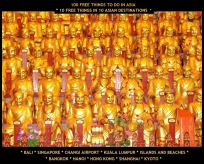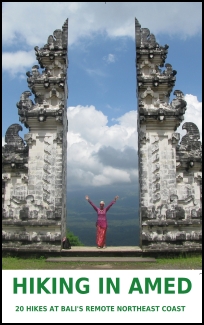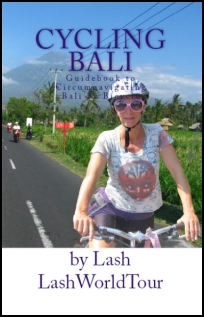One Week in Aruba: what to do and where to stay
White beaches, turquoise sea, comfort and relaxation. A dream? No, it’s Aruba, a beautiful Caribbean island not far from Venezuela! Once colonised by the Dutch, it is now part of the Kingdom of the Netherlands. An island that has a lot to offer practically all year round. What do you think, this might be your next vacation destination? Let’s find out together!
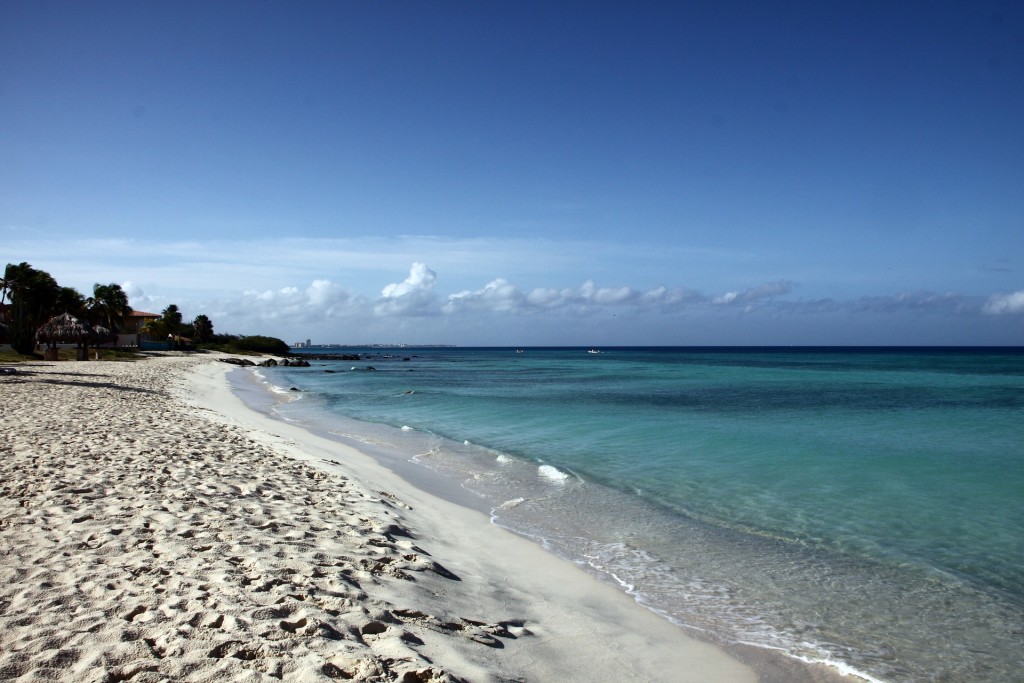 Aruba is a small island located in the Caribbean Sea, north of Venezuela. Tropical marine climate, very windy, about 28 degrees constant temperature throughout the year, rock formations, a beautiful sea whose colours vary from blue to deep blue, emerald green to purple. Areas of coral beach of an almost blinding white, transparent water populated by all sorts of colourful fish. And then turtles, iguanas, butterflies. But also snakes, scorpions, sharks. Lots of cacti and palm trees.
Aruba is a small island located in the Caribbean Sea, north of Venezuela. Tropical marine climate, very windy, about 28 degrees constant temperature throughout the year, rock formations, a beautiful sea whose colours vary from blue to deep blue, emerald green to purple. Areas of coral beach of an almost blinding white, transparent water populated by all sorts of colourful fish. And then turtles, iguanas, butterflies. But also snakes, scorpions, sharks. Lots of cacti and palm trees.
Aruba is not very big. If you decide to rent a car (it doesn’t cost much), you can easily visit it on your own and we can say that it is easily possible to organize an economic stay in Aruba.
What to see in Aruba?
To start, we recommend Eagle Beach, a beautiful beach that from February to September is the scene of the laying of eggs of different species of turtles. If you are lucky enough to be in the right place, but especially at the right time, you can enjoy a wonderful natural spectacle.
Renaissance Island, on the other hand, is a private artificial island just a few minutes by boat from Aruba, where you will unexpectedly find yourself sunbathing with pink flamingos at Flamingo Beach! They are very accustomed to human presence so they are not afraid to be photographed at close range or to come close to you while relaxing on the beds. The entrance costs about €85.00 and the price includes round trip transfer, sun beds and umbrella, a cocktail and main course for lunch.
The capital Oranjestad is not to be missed as well, founded in 1636 by the merchants of the Dutch West India Company.
The most beautiful beaches we recommend are Druif Beach, Manchebo Beach and, the Bubali Bird Sanctuary, populated by cormorants and herons and dominated by an authentic windmill built in Holland in 1840, Palm Beach, Handikurari Beach (ideal for windsurfing), Malmok and Arashi. Baby Beach, Happy Beach, Rodger’s Beach and Bachelor’s Beach border the extreme southern tip of Aruba. Boka Keto, on the other hand, is a wonderful natural swimming pool. You can find yourself an amazing house/apartment near the sea.
On the extreme northern tip of Aruba, you will find the California Lighthouse (the lighthouse) that marks the border between the Caribbean and the desert. An arid landscape will accompany you to the ghost town of Bushiribana.
Another spectacle to visit is the Natural Bridge of Andicuri: it is the largest natural arch in the Caribbean.
But not only beaches, the Arikok National Park is also worth a visit: it overlooks the east coast of the island, and is a true natural treasure, with native species, traces of ancient settlements of the Arawak Indians, caves, a wonderful fauna and a natural pool!
Alto Vista Chapel: this is the first church in Aruba, located on top of a hill overlooking a breath-taking view! It is located in the north-eastern tip of the island, and its function takes place every week.
Even if Aruba is a place that we can easily consider heavenly, the fun is not missing, you can find a lot of characteristic places all around Aruba, where you can dance salsa and meringues. It is a pretty lively island and people on it always take it all slow, stress-free.
Why bother so much? Life must be approached with tranquility, enjoying it and not getting tired. Loving everyone and getting along with everyone. This is his philosophy of Aruba life, the pink flamingo paradise.
===============================================================

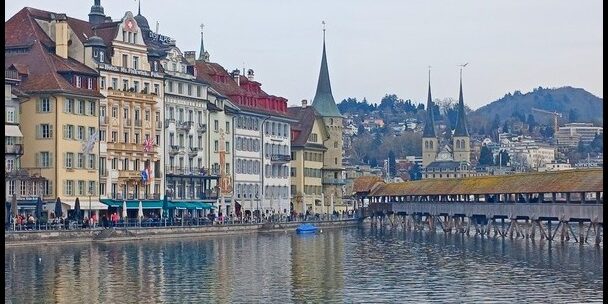
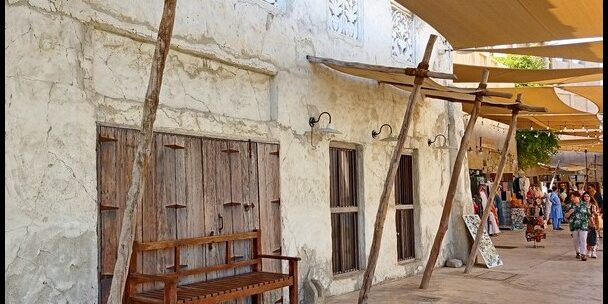
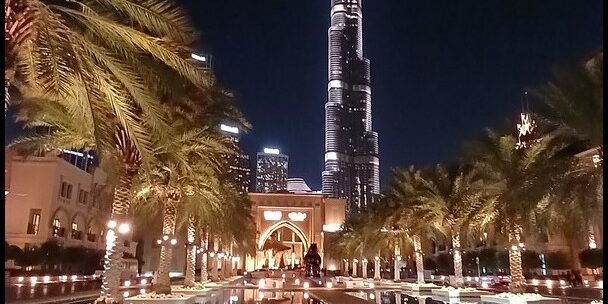
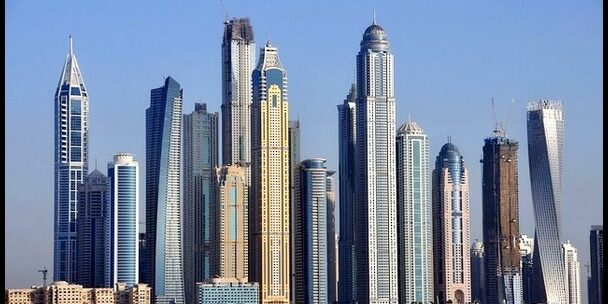
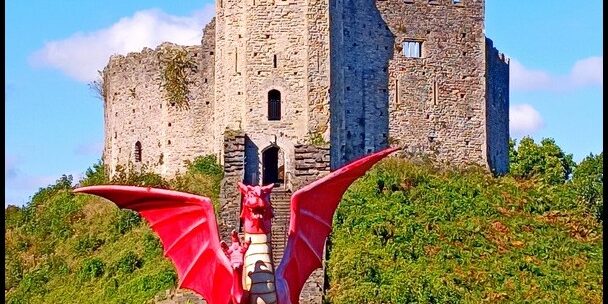

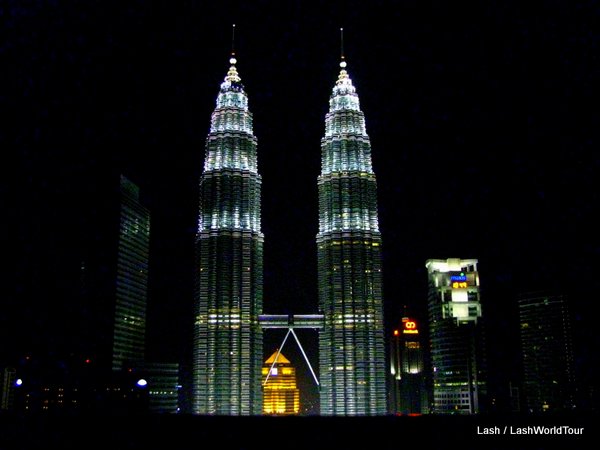
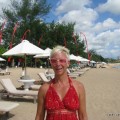
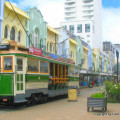
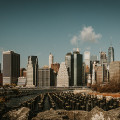

 Hi! I'm Lash, an American nomadic world traveler who's been traveling solo since 1998. I’m passionate about traveling the world nomadically and then sharing it all with you. I hope to inspire you to travel the world, to entertain you with tales from the road, and to help you reach your travel dreams. Welcome!
Hi! I'm Lash, an American nomadic world traveler who's been traveling solo since 1998. I’m passionate about traveling the world nomadically and then sharing it all with you. I hope to inspire you to travel the world, to entertain you with tales from the road, and to help you reach your travel dreams. Welcome! 